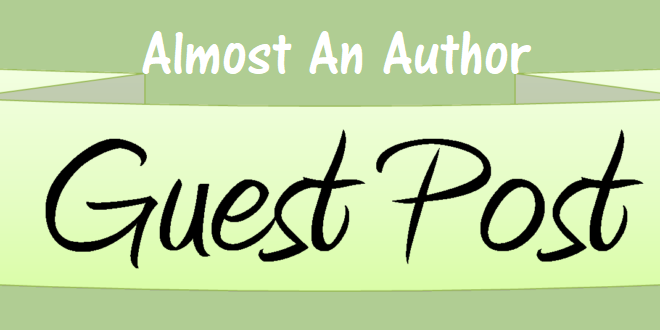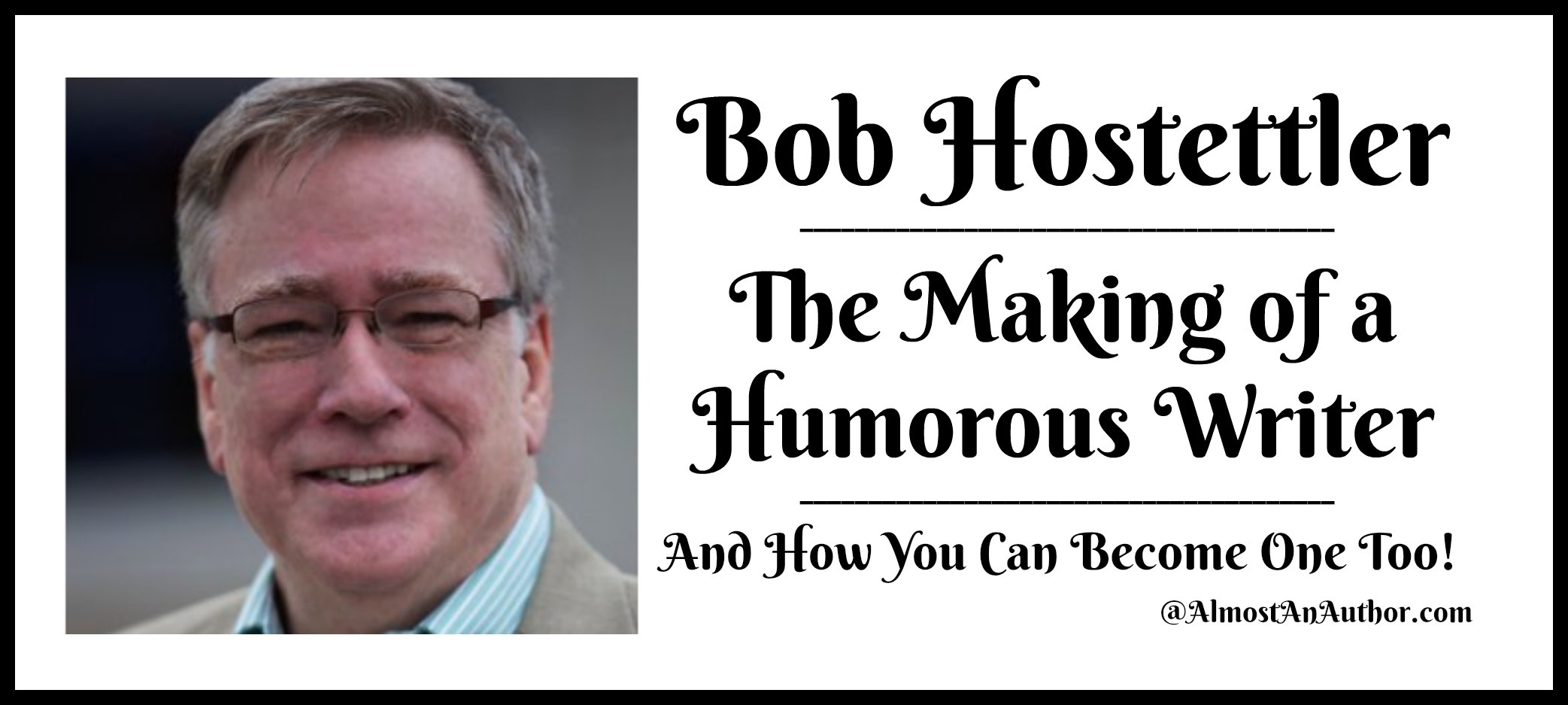
Is Writing Historical Fiction a Good Fit for You?
I enjoy digging into the past, following bunny trails of history, and learning about cultures long interred and nearly…
September 20, 2018
I enjoy digging into the past, following bunny trails of history, and learning about cultures long interred and nearly…
September 20, 2018
Last year, we explored seven of the eight parts of speech. Then I took a break to address compound…
September 18, 2018
Almost three years ago, I wrote a post about using apostrophes. If you want to read it, go here. The…
August 18, 2018
This post includes the remainder of compound words from U through Z. The list is intended to help during…
June 18, 2018
If you’ve been writing and working towards getting published, even more so, if you are writing because you know…
June 14, 2018
I love cats, coffee, chocolate, and long walks on the beach, especially if the beach has sea glass. My…
May 25, 2018
Ever feel uninspired? I do. Frequently. Especially if I have a headache. Or didn’t sleep well. Or have the…
April 11, 2018
The desire to write has burned in me ever since I was in middle school. I grew up in…
March 29, 2018A friend of mine edited my latest manuscript for me. She mentioned that I have a tendency toward not…
March 23, 2018
Welcome Lauren, can you share a little about your recent book – The Hideaway is the story of…
March 2, 2018
A recent string of truck commercials makes me chuckle every time. They claim the participants are not actors but…
February 11, 2018
It’s a new year. For some writers it is an opportunity to pick up a previous work that had…
January 9, 2018
Why was my proposal rejected? As a submissions reader, I now understand why my past book proposal was not…
January 6, 2018
Dad was the creative genius in our family. His fingers drew cartoons on paper napkins and released lullabies from…
December 25, 2017
Life brings each of us strange personal experiences. This spring I traveled to visit my mother in Kentucky. When…
December 13, 2017
Overwhelmed. Exhausted. Enlightened. I struggled to stay awake on the drive home from the Ohio Christian Writers Conference, my…
November 16, 2017
I heard my seven-year-old grandson moaning on the mat below the climbing peg-board. I went to see if he…
November 8, 2017
I love Oreos. Milk’s favorite cookies are great on their own, but they’re over the top when combined with…
November 2, 2017
I started working as a professional writer when I was seventeen. So completely captured by the craft, I made the…
October 22, 2017
Have you ever noticed how some authors tend to focus too much on writing certain fiction elements, yet ignore…
October 9, 2017
We’re continuing with the parts of speech with a discussion about prepositions. These words never change their form. They…
September 28, 2017
For the past five years, I’ve been blogging for teenage fiction writers. As the editor-in-chief of an online magazine…
September 27, 2017
Author, speaker, and overall funny man Bob Hostettler has cost me too much money. He keeps writing books. And…
September 25, 2017
Being a teenager is hard. Especially a teenager striving to be a published author. It’s stressful finding time to…
August 28, 2017
Adverbs are words commonly used to describe or modify a verb, and adjective, or another adverb. To test…
August 19, 2017